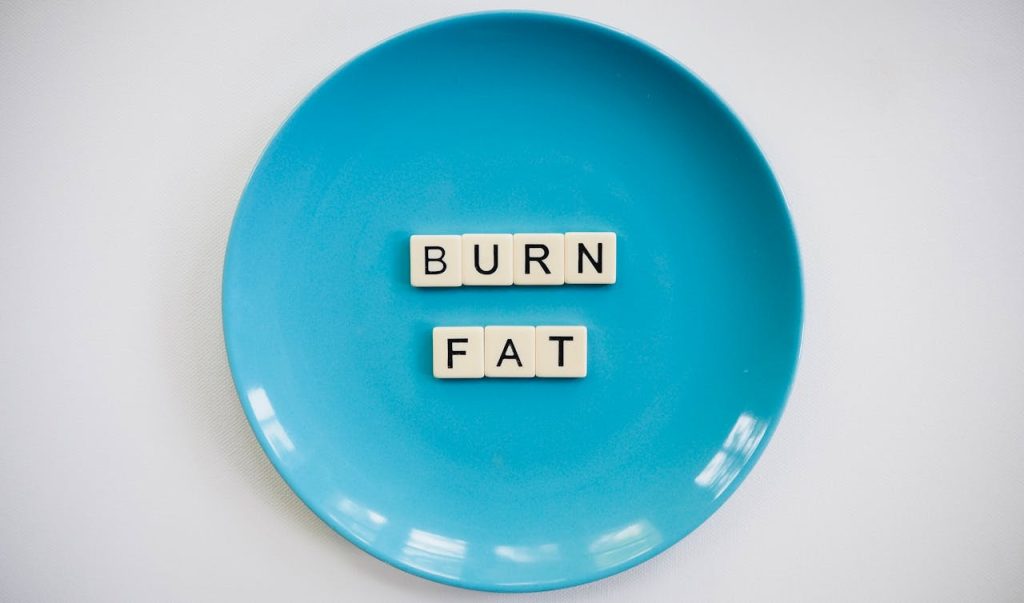
Understanding the Frustration
Have you hit a wall in your weight loss journey? That moment when the scale won’t budge can be disheartening, but you’re not alone if you’re wondering how long a weight loss plateau lasts. Many experience this at different times in their fitness efforts.
Defining a Weight Loss Plateau
A weight loss plateau occurs when your progress halts for a while. Typically, if the scale hasn’t moved for two to four weeks, it’s considered a plateau. Even if you maintain your diet and exercise, your body might seem unresponsive during this period.
Individual Differences
Everyone’s experience is unique. Factors like age, metabolism, and health can influence when a plateau occurs. Remember, hitting a plateau doesn’t mean failure; it’s just your body’s way of adapting to changes.
The Science Behind Plateaus
Initially, your body may respond quickly to dietary and exercise changes, but progress can stall over time, leading to confusion and discouragement. This happens because your body adapts to routines and caloric intake levels, making further weight loss challenging.
Causes of a Weight Loss Plateau
Several factors can contribute to a plateau:
- Metabolic Adaptation: Your body becomes efficient at using energy, requiring fewer calories at a new weight.
- Muscle Mass Changes: Strength training may cause muscle gain as you lose fat, affecting the scale.
- Lifestyle Factors: Sleep and stress significantly impact hormones related to hunger and metabolism.
Normalizing Plateaus
Experiencing a plateau is common. Your metabolism may slow as it adjusts to your new weight, meaning previous methods might not work as effectively. However, this phase is normal and can help you reassess your goals and strategies.
Duration of a Plateau
A plateau can last from a few days to several weeks, varying for each person. Research shows they often last three to six weeks as your body adjusts to new habits. Remember, plateaus aren’t permanent; patience and persistence are crucial.
Impact of Anxiety and Stress
Anxiety and stress can elevate cortisol levels, affecting appetite and metabolism. Poor sleep due to stress can slow metabolism, contributing to stagnation. Recognizing the link between mental health and physical outcomes helps overcome these challenges.
Overcoming a Weight Loss Plateau
Approach a plateau with patience and strategy. Evaluate your routine—small changes in diet or exercise might reignite progress. Focus on healthy habits beyond the scale, and engage in mindfulness practices to reduce stress.
Celebrate non-scale victories, like improved energy or better-fitting clothes. Joining a support group or finding an accountability partner can provide motivation.
Stay committed to your goals and trust the process, allowing your body time to adapt to changes naturally.

I am passionate about digital finance and online entertainment, with years of experience in the world of cryptocurrencies, sports betting, and casino gaming. My mission is to provide readers with reliable information to help them make informed decisions in the realm of online gambling and digital investments. On this blog, I share the latest trends, platform reviews, and tips on security and responsible gaming.
More Stories
How Far Can Your Hiking Shoes Take You?
How to Determine Weight Loss Percentage
The Best Weight Loss Injections for Home Use